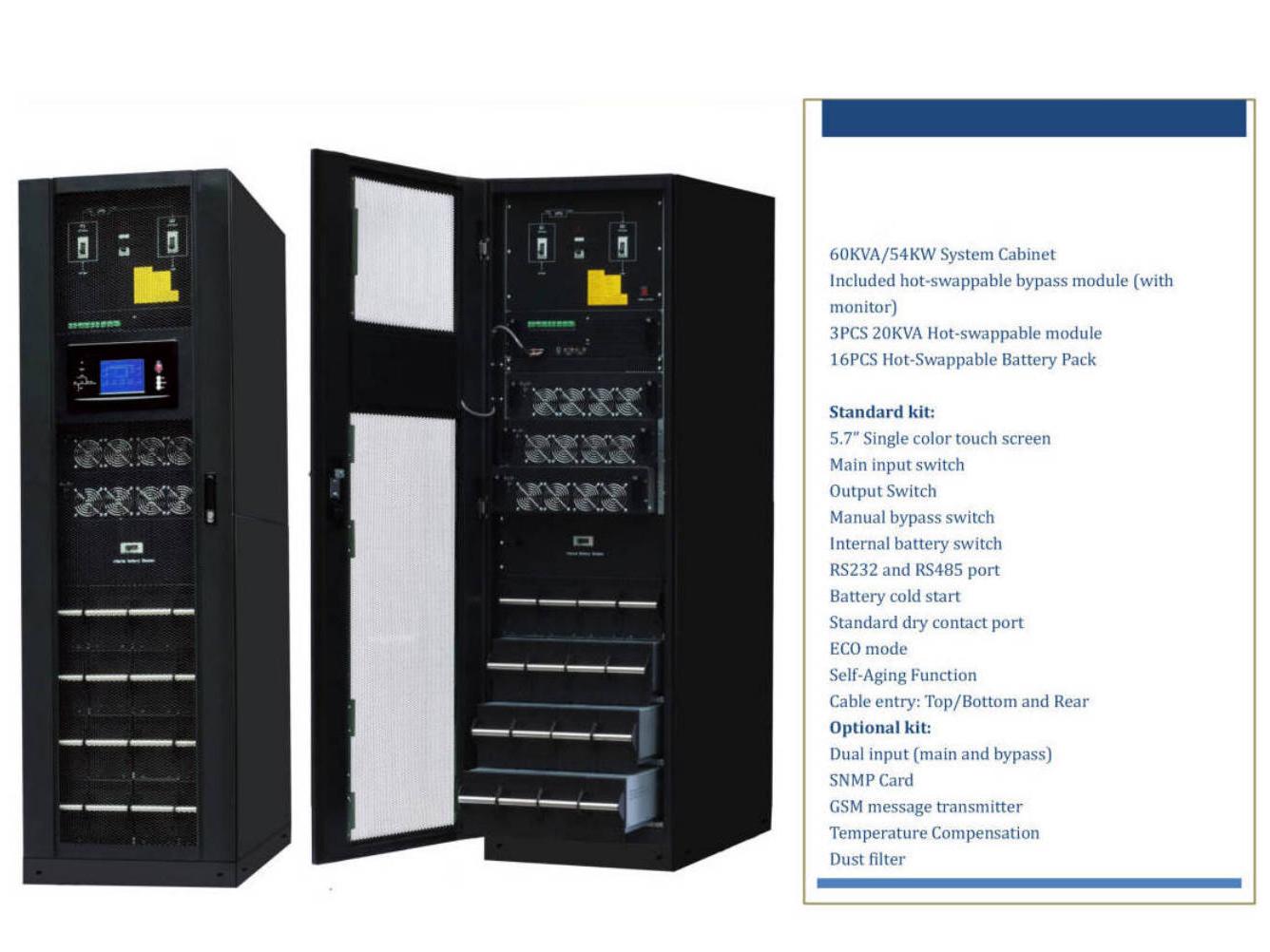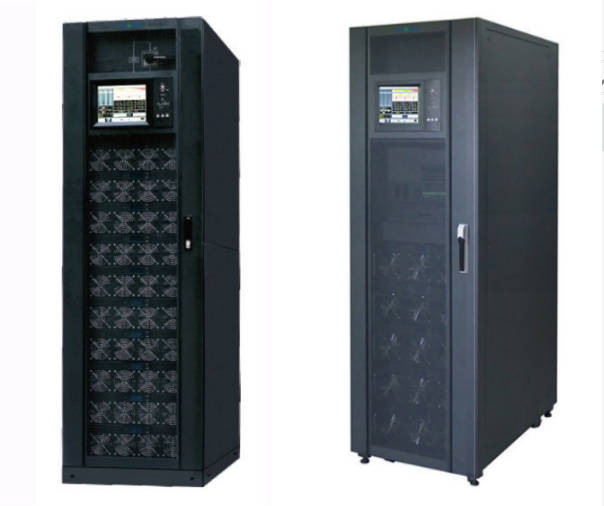

As the demand for technology continues to rise, the need for an uninterruptible power supply (UPS) system has never been so high. Since continued operations have become an expectation for businesses and industries alike, modular battery backup plays a crucial part in many dedicated to providing power.
Modular battery backup systems provide higher reliability than APC uninterruptible power supply systems due to their design. These systems employ several battery modules such that when one of the modules fails, the other modules can operate seamlessly thereby providing the required power, without a break. Such redundancy is essential for mission-critical applications in which downtime can lead to major economic losses or pose a safety hazard. In addition, modular systems allow modules to be replaced or maintained without necessarily going through a full system-wide shutdown.
Modular battery backup is really flexible and adaptable. Battery modules can be added or removed based on the business requirements, giving them the ability to scale their power solutions as required. Such a scalable approach allows businesses to increase their computer UPS capacity based on the needs of the changing business scenario without the requirement of deploying any new system entirely.
Beyond reliability and flexibility, modular battery backup systems offer several technical advantages that make them an attractive choice for modern UPS applications.
Modular battery backup systems are designed to optimize energy consumption, which helps to enhance energy efficiency. Such systems reduce energy wastage and improve performance by sharing the load across several modules. Modular designs also use advanced technology to minimize heat and improve efficiencies during the charge and discharge cycle. This not only reduces operational costs but also prolongs the battery life, and the battery replacement cost as well.
More than being simple to configure, modular battery backup is also very easy to monitor and manage, enabling sophisticated features. Many of these systems are also bundled with advanced software capable of delivering information on battery health, performance metrics, and environmental events in real time. These insights help predict when a component will actually fail so proactive maintenance to mitigate possible failures is performed before they ever happen. Offering complete monitoring functionalities, businesses can make certain their UPS systems are performing to their maximum capabilities while also extending the life of their batteries.
When considering the deployment of modular battery backup solutions, there are several key factors that organizations must take into account to ensure successful implementation.
A modular battery backup system works best but requires careful evaluation of power needs and infrastructure specifics before installation. Based on the existing power requirement as well as growth projections, organizations must assess how many modules they will need to deploy. Make sure that it is fully compatible with existing UPS gear to not encounter any integration problems. Working with experienced providers like ZLPOWER can ease your deployment process through tailored solutions specific to your business requirements.
The modular battery backup is very beneficial, but it has a few challenges related to its implementation that need to be solved. A common issue is thermal management inside the stack in tightly packed modules, resulting in overheating and reduced function. This problem can be effectively solved by using cooling techniques or using batteries that offer some suitable thermal stability.
Another hurdle is to control upfront capital costs with costly battery modules being typically purchased in larger quantities. Nonetheless, this may be compensated with the savings over the long term derived by spending less time and resources on upkeep and replacing batteries less frequently as technology such as ZLPOWER lithium-ion solutions can do.
The evolution of these technological advancements will play a role in the future of UPS systems, modular battery backup, on the other hand, is set to play a mega role in this evolution. These changes will transform how businesses prioritize power reliability and energy gifts. These developments will change the way businesses approach power reliability and energy management.

The innovation in battery technology is one of the most promising trends in UPS systems. We are seeing resonance in the industry as it moves toward more sustainable and efficient battery options with longer life cycles and larger battery energy densities.
The other growing trend is embedding modular battery backup systems with renewable sources. With the growing focus on sustainable practices and carbon footprint reduction by businesses worldwide, the demand for UPS solutions that can integrate with solar panels, wind turbines, and other renewable energy technologies is soaring. Such flexible and scalable modular battery systems are ideal for this. These can reserve surplus energy produced by clean energy for peak season or on account of faults, improving energy dependency and environmental sustainability.
To ensure we stay ahead of the pack, ZLPOWER plotted these future trends early and is even more responsible for them by adopting its machined advantages in modular production and a slate of new products designed to align with your changing needs. With the rapid developments moving towards these future trends, ZLPOWER has placed itself in the front of changing patterns by combining effective modular battery solutions and a set of advanced products that are engineered to serve businesses better.
ZLPOWER, which has a very rich experience background in performance-driven energy storage solutions development, is a preferred partner for organizations that are in search of trustworthy UPS systems. They design and manufacture their modular battery backup solutions for security and reliability! Emphasizing advanced lithium-ion technology, ZLPOWER makes sure that their products yield energy density and cycle life on Top among common alternatives. With this expertise, businesses can leverage reliable power solutions that can flexibly adapt to evolving needs.